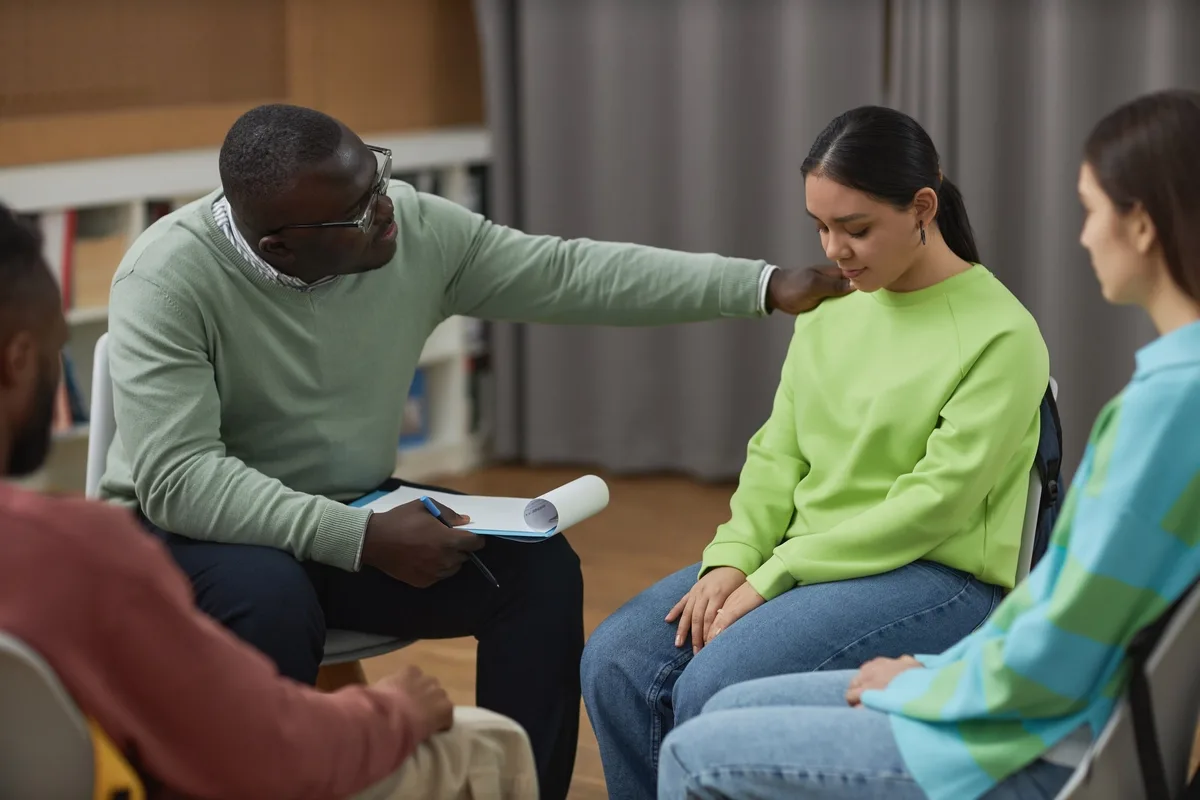24/7 Helpline:
(866) 899-221924/7 Helpline:
(866) 899-2219
Learn more about Residential Rehab centers in Hinds County

Other Insurance Options

Anthem

AllWell

GEHA

PHCS Network

MVP Healthcare

BlueCross

UnitedHealth Group

Optum

Amerigroup

Medical Mutual of Ohio

WellCare Health Plans

Coventry Health Care
Beacon

BHS | Behavioral Health Systems

MHNNet Behavioral Health

Carleon

Oxford

Aetna

State Farm

Regence

Harbor House
Harbor House offers inpatient treatment for individuals with alcohol and/or substance addiction. The...
































































Daylight Ministries
Daylight Ministries is a counseling clinic located in Tougaloo, MS. Daylight Ministries specializes ...

Buried Treasures Home
Buried Treasures Home is a faith based drug and alcohol rehab for adult women in Byram, Mississippi....

Eastern Montana Mental Health – Terry
Eastern Montana Mental Health – Terry is a private rehab located in Terry, Montana. Eastern Montana ...






































































